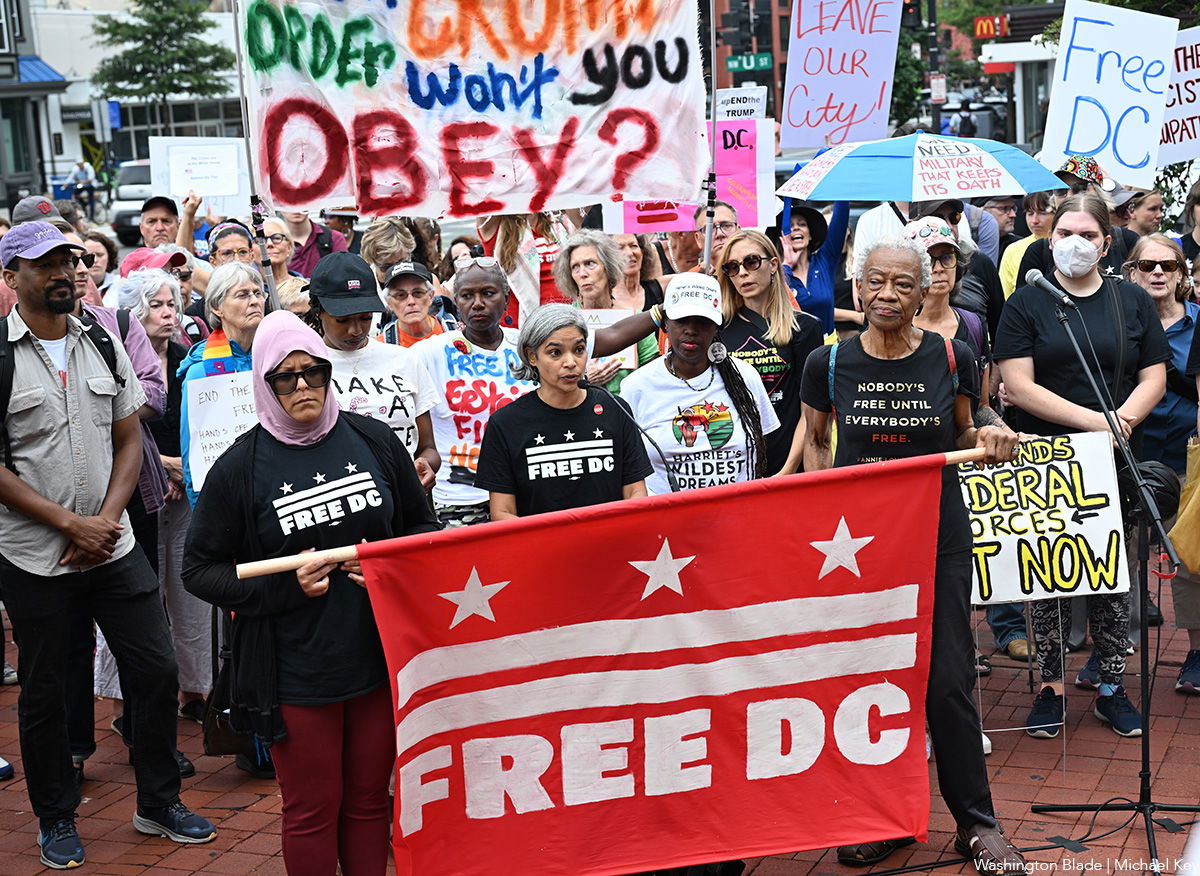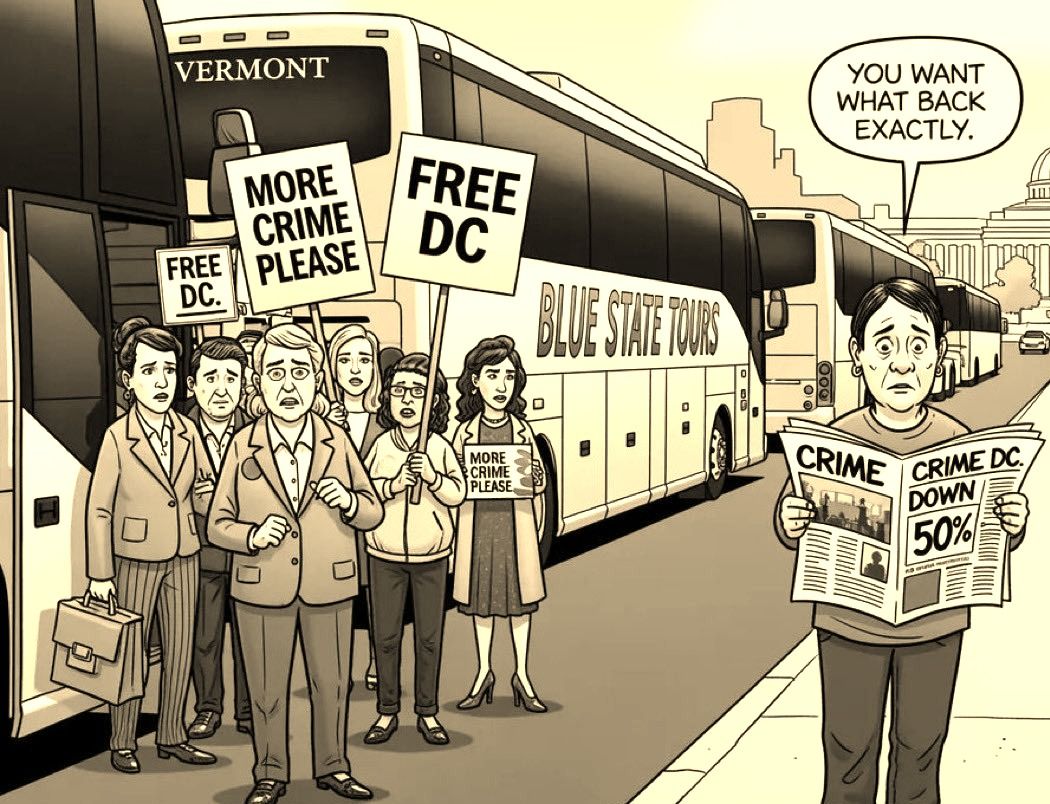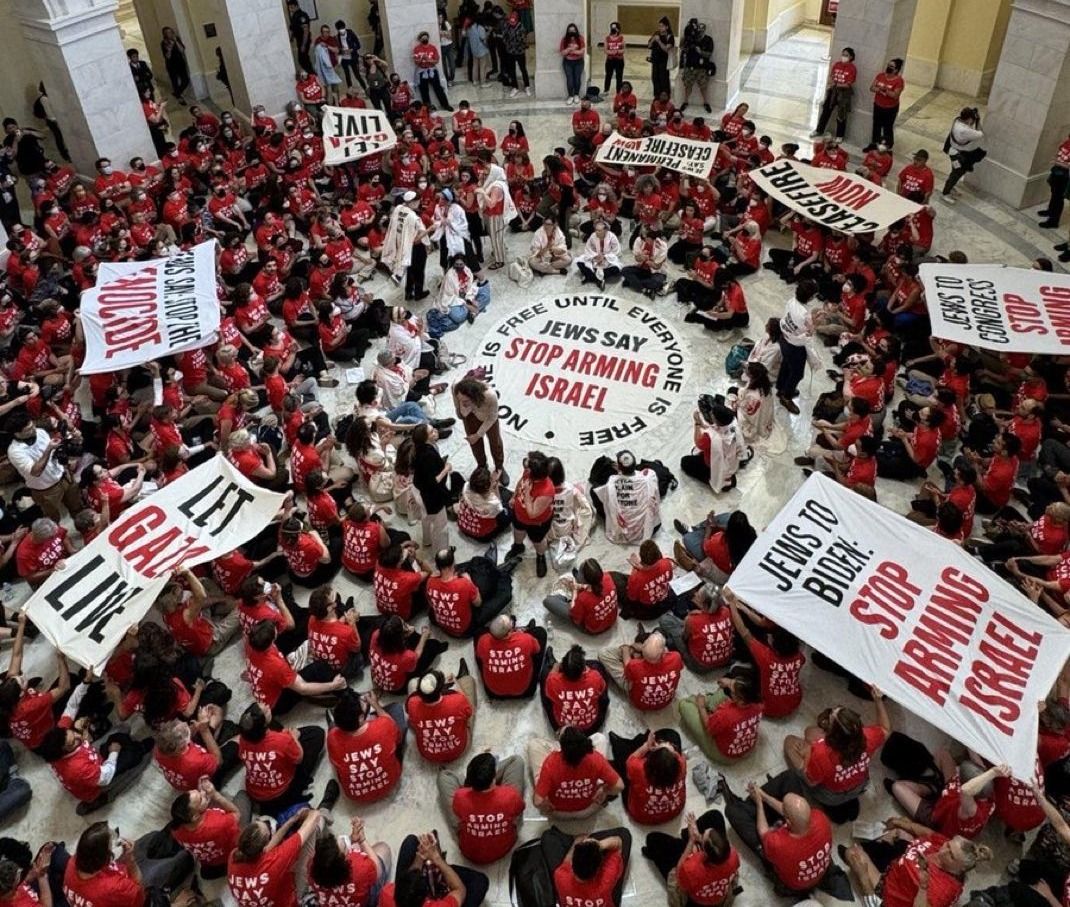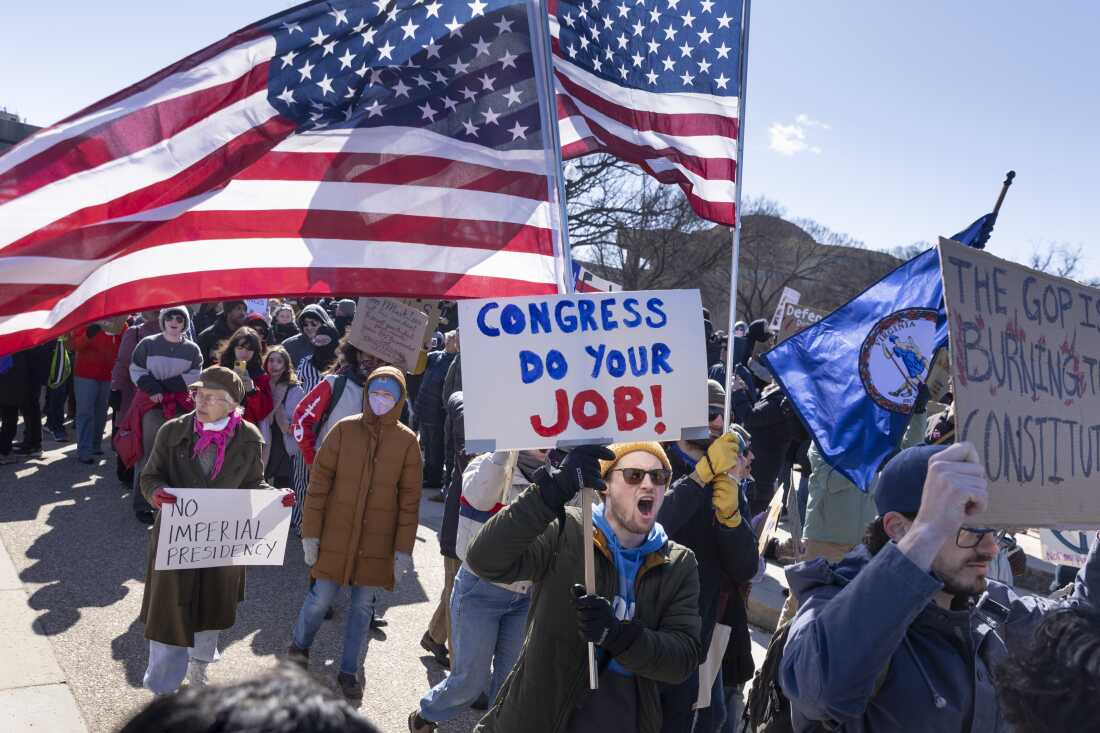The Strangest Angel Descends on D.C. Again: Cory Spears Blasts Trump Era Violence and Hypocrisy
By Dr. Leslie Vinjamuri, Special Contributor


Washington D.C. September 29, 2025– The nation's capital, a crucible of political power and public discourse, played host once more to an enigmatic and often incendiary figure: Cory Spears, known to his followers as "the strangest angel."
This marked Spears' third appearance in Washington D.C. and his thirtieth public soliloquy, a platform he uses to deliver his potent brand of social and political critique. On this occasion, Spears' message was particularly charged, focusing on the pervasive violence plaguing the United States and directly implicating Donald Trump and the Republican party in its proliferation.
Spears commenced his address with a somber acknowledgment of recent tragedies, extending prayers and encouragement to the members of the Church of Jesus Christ of Latter-day Saints in Grand Blanc Township, Michigan.
His voice, a resonant instrument capable of both booming pronouncements and intimate whispers, conveyed a profound sense of outrage.
"It's a crying shame you can't even go to church and worship without the fear of being killed," Spears declared, his words echoing the collective anguish felt across the nation following the horrific shooting at a waterfront bar in North Carolina, which left three dead and at least eight injured.
His condemnation quickly pivoted to a stinging indictment of what he perceives as the architects of this violence.
"I'm sick of waking up every morning to news of innocent people being killed by Trump fanatics," Spears boomed, his gaze sweeping across the gathering.

"All this blood is on Donald Trump and the Republican party's hands.
They spit racism and encourage their rabies-infested followers to carry out these nasty atrocities on American soil, then turn around and act like their humans and send prayers."
He vehemently dismissed such pronouncements of sympathy as "bullshit and a joke," asserting that those offering them have "obviously never read a bible nor know how to have common decency for other humans.
"Spears' critique was not merely emotional; it was grounded in a frustration with the lack of readily available, real-time data on the very violence he decries.
He highlighted the systemic challenges in obtaining up-to-date murder statistics, pointing to the absence of a central, real-time database in the United States.
"Information is typically collected at the local law enforcement level," he explained, underscoring the decentralized nature of crime reporting. He also noted the inherent delays in official figures, citing the FBI's Uniform Crime Reporting (UCR) program, which releases data monthly and quarterly with a three-month lag for accuracy.
Furthermore, Spears pointed out the voluntary nature of reporting by police departments and the fact that not all agencies submit data monthly.
He also addressed the localized nature of weekend reports, acknowledging that while major city news outlets may track local homicide counts, these are not nationally compiled.
This fragmentation, Spears argued, serves to obscure the true scale of the problem and allows those responsible to evade accountability.
Transitioning to a broader historical and geopolitical perspective, Spears offered what he termed a "cosmic glimpse of American history." He juxtaposed Donald Trump's meeting with Benjamin Netanyahu, whom Spears labeled a "war criminal," with the looming threat of a government shutdown.

This pairing, he suggested, illustrated a disturbing pattern of prioritizing personal alliances and political maneuvering over the well-being of the populace and the stability of democratic institutions.
Drawing on widely reported criticisms, Spears articulated a stark assessment of Trump's approach to governance. He quoted sentiments that Trump has "nothing but contempt for our democratic institutions, our Constitution, and the rule of law," and labeled him a "threat to democracy" who places himself above the country.
Spears emphatically declared, "Anyone who puts themselves over the Constitution 'should never be president of the United States.'
"The strangest angel then turned his sharpest barbs toward the Republican party, accusing its members of acting as "rubber stamps and hoes for Trump's reckless and extreme racist Hitler-type agenda."
This incendiary language, while provocative, clearly aimed to galvanize public sentiment against what Spears perceives as the party's complicity in a destructive political climate.
Spears concluded his powerful address with a bleak but urgent outlook on the future under a potential Trump presidency.
"Under Trump, it's nothing but murder and dumb shit," he declared.
"Murder is the most profitable thing in 2025, and it's on full display."
He issued a dire prophecy: "It's not over. And as long as Trump is president, there will be more Trump fanatics killing in his name and doing stupid shit while Trump and the gang of dumbass Republicans sit back and applaud.
"Cory Spears, as "the strangest angel," continues to be a polarizing but undeniably impactful voice in American public life.
His presence in Washington D.C. for this third appearance, and his thirtieth soliloquy, serves as a potent reminder of the deep divisions and simmering resentments that characterize the current political landscape.
Whether one agrees with his fiery rhetoric or not, Spears' message compels a confrontation with the unsettling realities of violence, political polarization, and the enduring questions about the soul of American democracy.
He remains, undeniably, a man of the people, channeling their frustrations and fears into a singular, unforgettable performance that resonates far beyond the capital's hallowed halls

